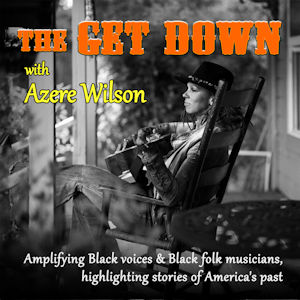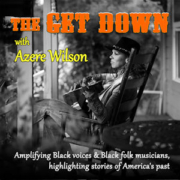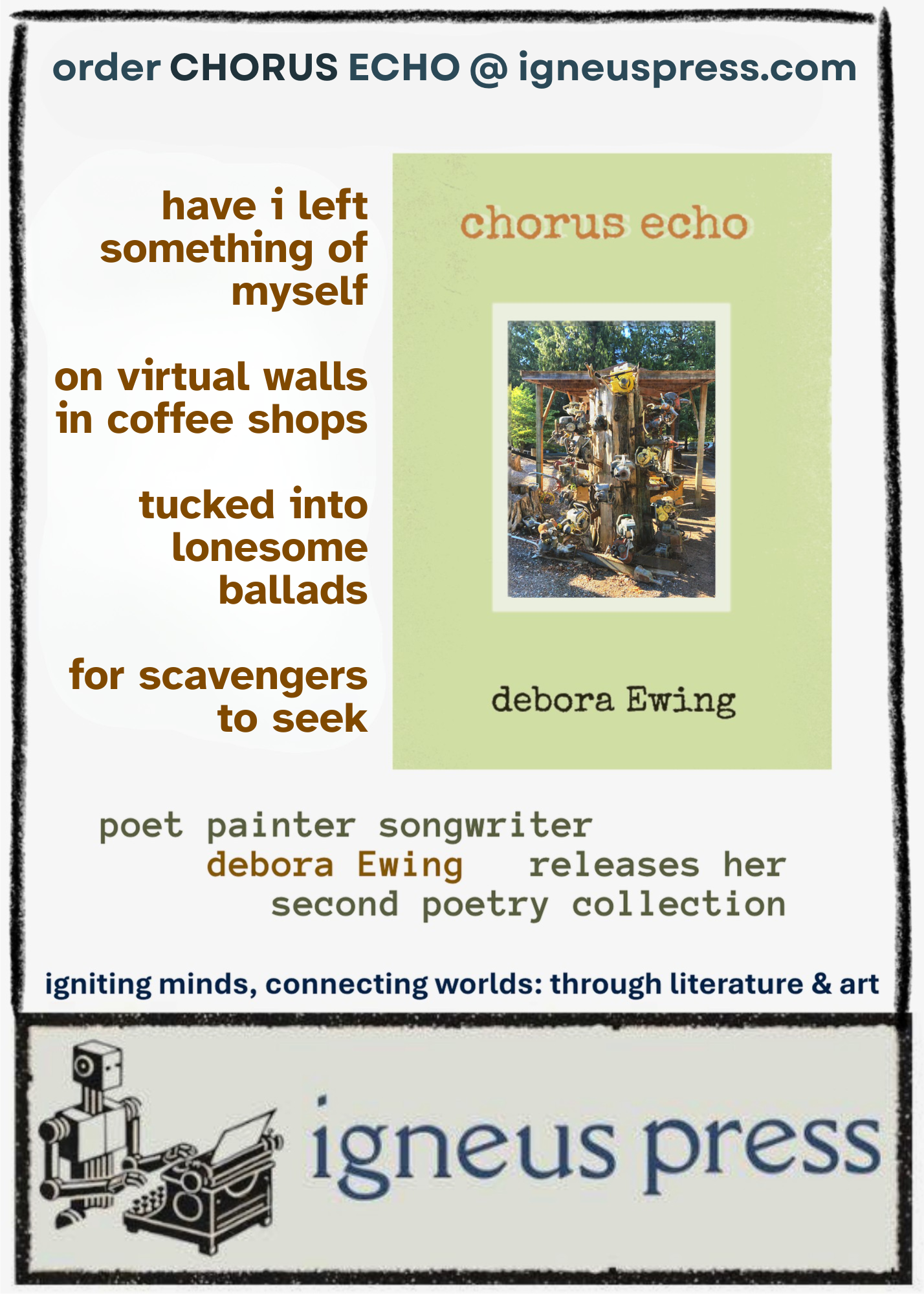Gettin’ to the Root of Juneteenth
Number 1 - June 2025
 Most holidays come with varying beliefs and levels of celebration. Albeit less commonly known, Juneteenth is no exception.
Most holidays come with varying beliefs and levels of celebration. Albeit less commonly known, Juneteenth is no exception.
Juneteenth became an official national holiday in 2021 but has been celebrated by African Americans since 1866, a year after Union Major-General Gordon Granger read General Order No. 3 to the people of Galveston, Texas, informing them that per the Emancipation Proclamation all slaves were free. This day has since been known as Emancipation Day and has been celebrated as such.
Through the years, Juneteenth has waxed and waned in popularity, sometimes dependent upon the state of our country. For example, a decline in celebrations during WWII, as most things probably did, and an increase in celebration 1976. Parades, food, games, and music were and are still typical ways people celebrate the holiday.
For those of us Black folk who don’t celebrate, it’s often because of the frustration that we are still in the fight. One friend stated, “We should honor the holidays for MLK and for Malcolm X but not celebrate them. Just like we should honor, and educate surrounding Juneteenth but not celebrate it, because Black people still have living conditions that are fundamentally worse. We should not be celebrating. We should be fighting. We should be resisting”.
For others of us who do celebrate, it’s a day to rejoice in Freedom and in Black Joy. Celebration is a much needed reprieve from the constant struggle and fight, so we welcome this celebration and honor Juneteenth as the holiday as it has been done for over one hundred years.
“It is like the Fourth of July for Black people.” I for one do not celebrate the Fourth of July but Emancipation Day makes more sense. If you would like to know why, Frederick Douglass said it best:
What have I, or those I represent, to do with your national independence? Are the great principles of political freedom and of natural justice, embodied in that Declaration of Independence, extended to us? and am I, therefore, called upon to bring our humble offering to the national altar, and to confess the benefits and express devout gratitude for the blessings resulting from your independence to us?
What is a celebration without music? Music is always at the heart of the African American community, so during Juneteenth you’ll often hear musicians playing freedom songs rooted in Folk. My friend Hannah Mayree will be playing in northern California for Juneteenth and my friend Jason Luckett will be playing in Los Angeles for Juneteenth.
Multi-instrumentalist, vocalist, producer and banjoist Hannah Mayree writes original and preserves traditional banjo compositions to remind us of the power found in our relationship to the earth, music and community. They co-founded and creatively direct the Black Banjo Reclamation Project, creating musical, cultural and land-based opportunities for Black, Afro-Diasporic communities around the world with the banjo as a tool for reclaiming ancestral wisdom & creating Afro-futures.
Jason Luckett is based in Los Angeles with deep community roots. He teaches songwriting at Annenberg GenSpace using sound- and object-based techniques to encourage access to our stories and our creativity. His project Second Saturdays Jazz Night w/Jason Luckett and Friends is looking for volunteers to keep the momentum going.
June 7th, beginning at 1pm Pacific, Mary McLeod Bethune Library is hosting a free concert celebrating Juneteenth with music, poetry, and storytelling. For ADA accommodations, call (213) 228-7430 at least 72 hours prior to the event.
Please try to catch one of these shows and experience the joy in person. In the meantime, here’s Jason’s performance of “All Souls Are Free” – co-written with Todd Lawrence (who performs as Milo Binder.)
The Get Down is written by Azere Wilson for FolkWorks. Amplifying Black voices, Black folk musicians, and highlighting stories of America’s past as connection to our present and future.
Gettin’ to the Root of Juneteenth
Number 1 - June 2025







